Women In Peacebuilding
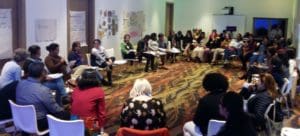
The participation of civil society groups, including women’s organizations, makes a peace agreement 64% less likely to fail. When women participate in peace processes, the resulting agreement is 35% more likely to last at least 15 years. Higher levels of gender equality are associated with a lower propensity for conflict, both between and within states.
(From https://www.cfr.org/interactive/womens-participation-in-peace-processes/)
Why we need more women mediators: https://www.thejakartapost.com/academia/2021/01/13/why-we-need-more-women-mediators.html
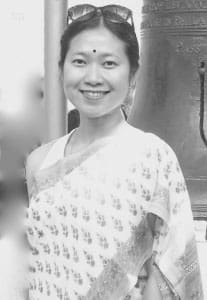
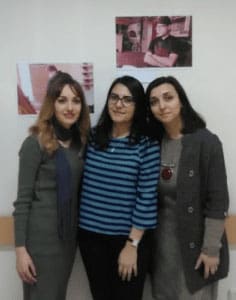

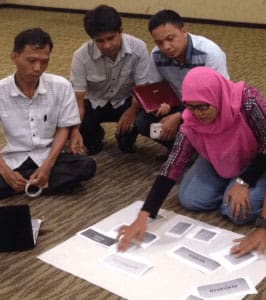
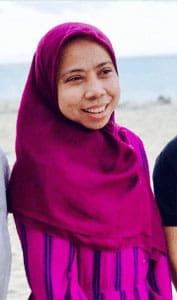
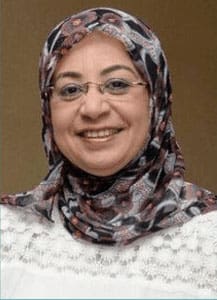
From a deep commitment to the role of women and in support of United Nations Security Council Resolution (UNSCR1325) on Women, Peace, and Security (WPS), Mediators Beyond Borders International (MBBI) seeks to increase the number of women mediators and peacebuilders engaging in peace processes from the local to the international level. Here is a great resource for a 'by the numbers' of WPS from Our Secure Future. It achieves this by conducting International Peace Training Institutes (IPTIs) in multiple regions across the globe.
Objectives of IPTI-WIP
- Support women to lead a range of conflict resolution and transformation processes in their communities, regions, countries
- Increase peacebuilding projects in the participants’ home countries that improve conditions and involve more women in creating social change
- Equip women to contribute to peace negotiations and to lead civil society efforts to hold institutions and non-state actors accountable for sustainable peace and development
- Empower women to transform their communities by capitalizing on the successes of other nations that have emerged from conflict
- Build networks to leverage the efforts of each person and to attain a sustained women’s community of practice
Over the last seven years, MBBI has worked with five WIP cohorts in different regions of the world, training and coaching 117 women who have then gone on to affect hundreds more through the work they have done in training, facilitating, creating programs, mediating, becoming leaders.
Watch this global webinar from three of our alumni in the SouthEast Asia cohort hosted by the South East Asia Women Peace Negotiators and Mediators.
Meet our global cohorts here:
